„Dear Herr professor, encouraged by the advice of my teachers, Herren professors Stern and Oechsli at the University of Zurich, I venture to approach you with my humble request that you allow me to attend your lectures in the coming semester and participate in the historical courses that you will be holding.“ These are the opening words of a letter found in the literary estate of the well-known „Monumentist“, Harry Bresslau, since 1888 a member of the central board of directors of the MGH and from 1890 until 1912 professor of history at the University of Strasbourg.
The epistle exemplifies the situation facing women wanting to study history in Germany up to the first decades of the 20th century. In 1888, the Allgemeine Deutsche Frauenverein (general association of German women) filed a petition in the Prussian parliament requesting that women be granted admission to the study of medicine and to the academic teacher-qualification programmes. In the same year, the Frauenverein Reform (women’s association „reform“) had gone further, demanding that women be allowed to study in all subjects. But it was to take many years before women attained the general right to study. The first German-language university to allow women to study was the University of Zurich. Studying there, the future author Ricarda Huch was the first woman to gain her PhD in history with a dissertation on „The neutrality of the Swiss confederation during the War of the Spanish Succession“ (Die Neutralität der Eidgenossenschaft während des spanischen Erbfolgekrieges“). The first woman to make a PhD at a German university was Anna Gebser at the University of Heidelberg in 1897 with doctoral thesis on „The importance of Empress Kunigunde for the rule of Henry II“ („Die Bedeutung der Kaiserin Kunigunde für die Regierung Heinrichs“). She still found herself having to attend courses on guest status.
Else Gütschow was 32 years old as she wrote the above mentioned letter to Henry Bresslau. She had already gathered years of experience as a teacher abroad in London and Moscow before she seized the opportunity of absolving the necessary exams in Zurich in order to qualify for the university. In her letter to Bresslau she wrote: „I presume to inform you of my previous studies: After having gained considerable experience as a teacher, I prepared myself to write the Swiss high-school graduation exam in Zurich and graduated in October 1898. Thereafter, I enrolled at the University of Zurich. In the last two semesters, I have attended lectures on history, national economics and art history and participated in courses under professors Oechsli (history of the Burgundians), Stern (modern history), Schwizer (the Thirty Years War), Herkner (social science), and Rahn (art history).“
As was the common practice for female students at this time, Else Gütschow took the pragmatic approach to gaining access to PhD studies by seeking the special permission and support of Professor Bresslau: „In order to continue my studies, it would be both particularly important and highly preferable to me to continue my work under your esteemed guidance in Strasbourg. I would therefore be most deeply indebted if you would advise me as to whether I ought to similarly send written requests for admission to courses and lectures to the other professors who are relevant for my studies, or if indeed your generous permission would suffice in this case. I beg you to accept my apologies for the troubles I am causing and look forward to receiving your highly esteemed answer, thanking you in advance. Yours respectfully, Else Gütschow stud. phil.“
Harry Bresslau fulfilled her wish and enabled Else Gütschow to study in Strasbourg – she was, however, only granted guest student status (as a „Hospitantin“). Six semesters later, in 1903, she was the first woman to earn a PhD at the Kaiser Wilhelms-Universität in Strasbourg with her doctoral thesis entitled: „Pope Innocent III and England. A Study of his Relations to the State and the Church“ („Innozenz III. und England. Eine Darstellung seiner Beziehungen zu Staat und Kirche“). In her acknowledgements at the end of the book, the newly fledged „Frau Doktor“ expressly thanked him: „In particular, my heartfelt thanks go out to my highly esteemed instructor, Herr Professor Dr Bresslau, for the unstinting interest he showed in my studies and most of all for the invaluable support that he was always prepared to offer me in the writing of this work. His suggestions were of great importance in its forming.“ During her studies at Strasbourg, Else Gütschow became friends with Harry Bresslau’s daughter, Helene, and her husband-to-be, Albert Schweitzer (see no 17 in this series). Another friend she made there was Elly Heuss-Knapp, who later paid tribute to her in her Strasbourg reminiscences.
A. Marquard-Mois
Paletschek, Sylvia: Ermentrude und ihre Schwestern. Die ersten habilitierten Historikerinnen in Deutschland, in: Albrecht, Henning u.a. (Hrsg.): Politische Gesellschaftsgeschichte im 19. und 20. Jahrhundert. Festgabe für Barbara Vogel. Hamburg 2006, pp. 175-187.




